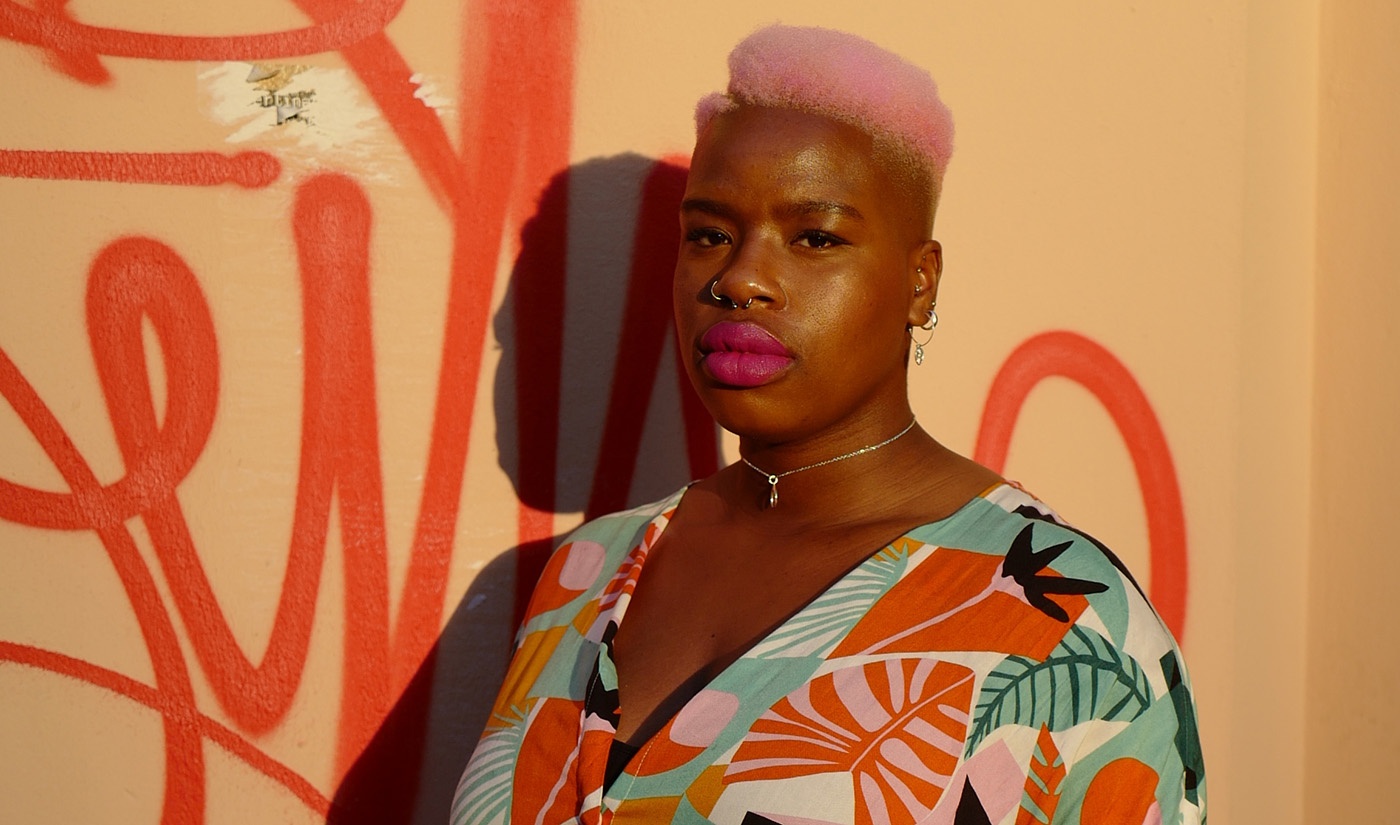Juba’s debut film Assurance provides a vital opportunity to widen conversations surrounding gender in DJing, and the music industry as a whole. Ollie Howitt caught the screening at Belgrave Music Hall earlier this month.
Currently residing in Berlin, Juba is the British-Nigerian DJ and third member of London’s Boko! Boko! Collective. For her original documentary, she travelled to Lagos to explore inequalities and prejudices against female DJs in Nigeria’s capital.
Having garnered experience in Europe’s underground music scene since 2016, Juba expands current conversations surrounding gender inequality further than the Global North. The film follows three female DJs navigating the Lagosian scene, covering themes of societal expectations, stereotypes and the patriarchy. While there’s overlap, each individual explores a different topic. The first to be introduced is Sensei Lo, a nurse-cum-DJ who pursues a mantra of “making people happy” through the fusion of Afro and House music. Through Sensei Lo, Juba explores contextual themes around politics, economy, and the government.
Through DJ Yin, we learn of the taboo surrounding mental health and depression within Nigeria. Conveying the cathartic qualities of music, she articulates her ability to control moods and act as a therapist in the club.
Next we meet DJ Ayizan, born and raised in London, who moved to Nigeria for the National Youth Service Corps (NYSC). Her music encapsulates her own experience; predominantly creating Lagosian adaptations of UK sounds, she also incorporates broader genres such as Baile Funk. DJ Ayizan touches on her ‘foreign girl privilege’ whilst expressing difficulties in experiencing a culture she has never lived in, and whose languages she cannot speak.
Throughout Assurance, Juba illuminates the stigma about female DJs; being a woman as a DJ makes you more susceptible to assumptions, as summarised by a male interviewee: “male DJs are better than females.” The film observes how stigma can, in some cases, be broken down – for example in the case of DJ Cuppy, the famous daughter of businessman Femi Otedola. But introducing her opens discussions regarding class. According to DJ Ayizan, it is Cuppy’s class and wealth that enables her to avoid stigma. Subsequently, Juba outlines that ignoring societal expectations comes with a class privilege.
The film also exposes gendered inequalities in DJing, where women “work 3-4 times harder than the guys.” Juba delves deeper into prejudices towards female DJs: being considered a novelty, being judged on their prettiness, and having to reach a higher bar than their male counterparts to be taken seriously – the irony is apparent in the philosophy that “music knows no gender.” And the discrepancies between male and female DJs become more tangible as the conversation moves onto the gender pay gap; DJ Yin divulges, “there were times I would cry after gigs because I would DJ for like 6 hours and not get a dime.”
By covering a plethora of socio-political themes, Assurance provides intersectional understandings of issues affecting female DJs, and women more generally in Nigeria.The culture-specific problems it reveals emphasise the necessity of expanding conversations beyond Europe and the US.
While expressing “no interest in proving [herself] to people,” Juba exemplifies an aptitude for experiential, hands-on production that spans across the creative disciplines of both music and filmmaking. I can assure you; her debut documentary is well worth a watch.
Header image via DJmag.

